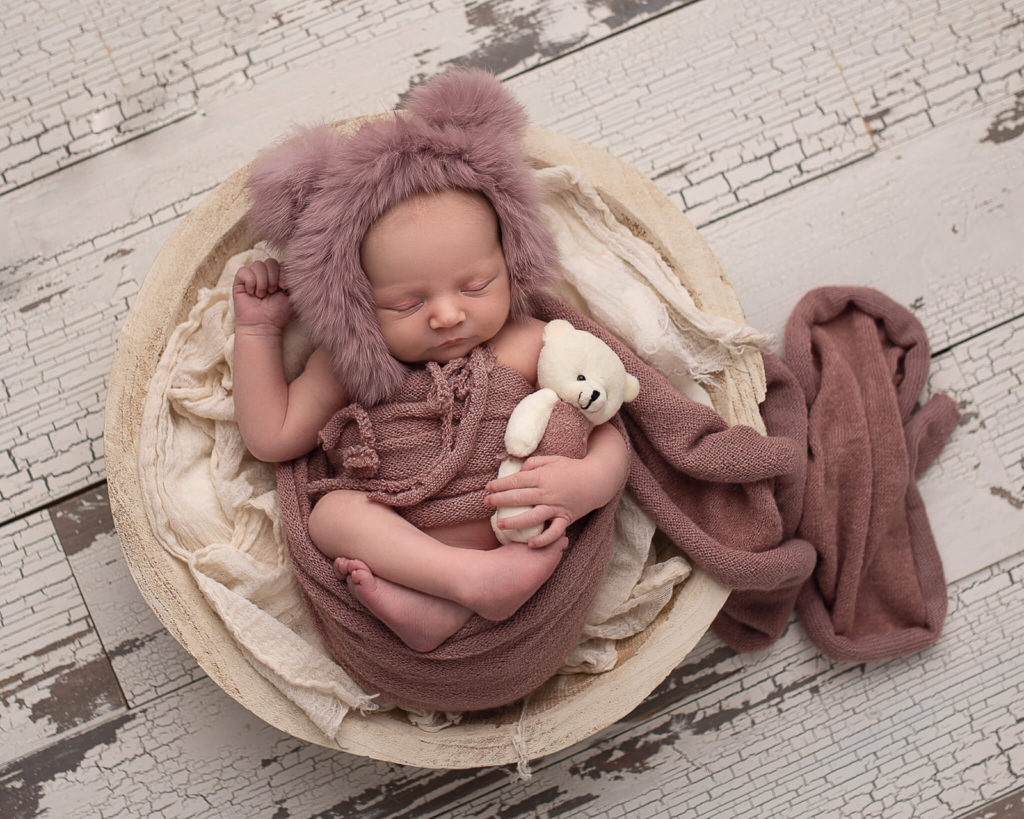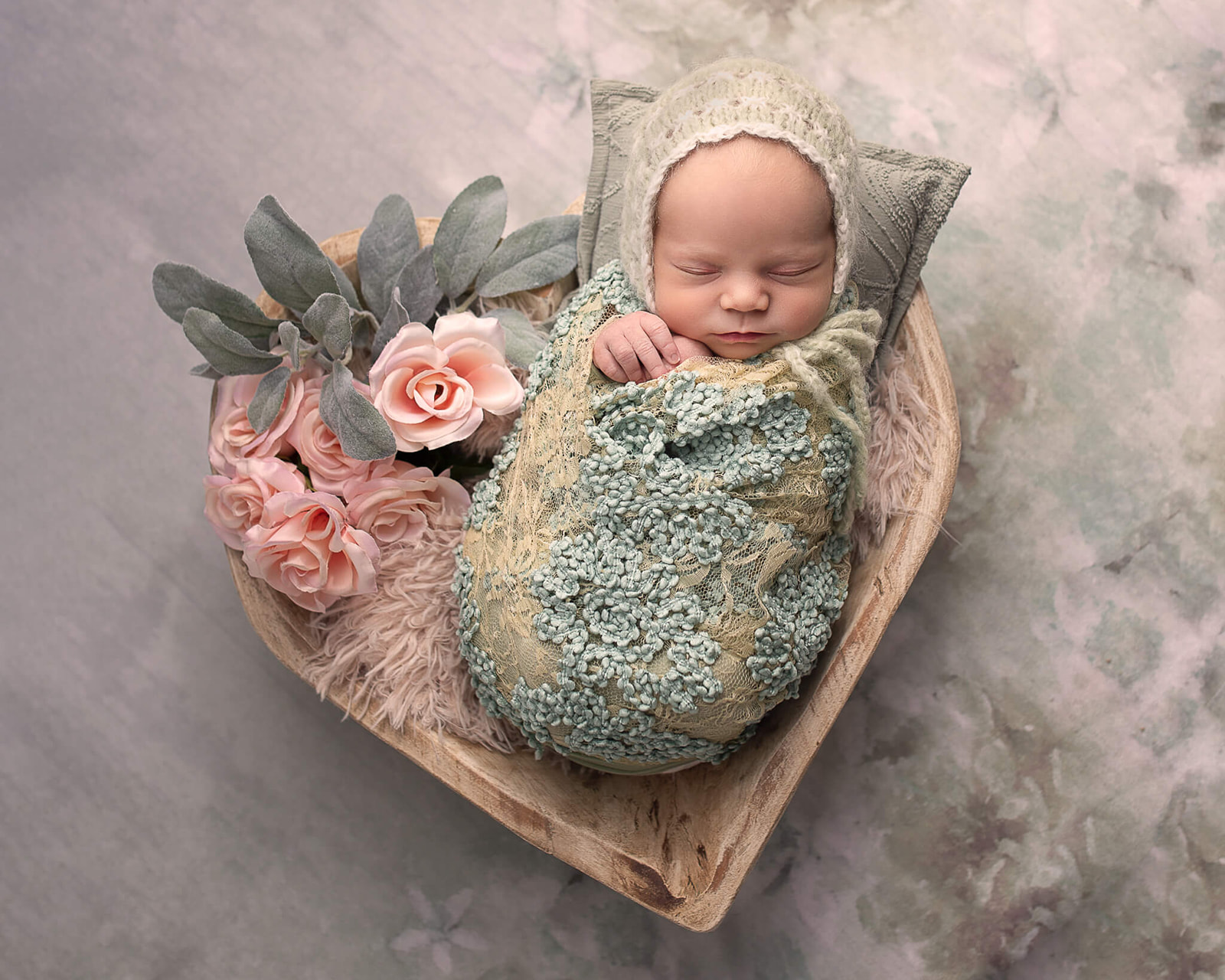Having a baby is one of the most fulfilling experiences. Watching them develop, grow, learn new skills, it’s all a whirlwind of mini achievements! Sometimes though, newborns and babies struggle with this process. No child is exactly the same and what comes easy to some, doesn’t always come easy to others. That’s where pediatric occupational therapy may come in handy, but what should you watch for?
Top 5 Signs Your Baby May Need Pediatric Occupational Therapy

1. Fine and gross motor skills
Your baby’s fine and gross motor skills are likely to be delayed if they were not developed properly during the last trimester of pregnancy. If your child has this problem, they may have trouble crawling, walking, or sitting up on their own. This can lead to developmental delay and may require an occupational therapist to intervene so that your child grows up healthy and happy. This can also be handled by a physical therapist, but your pediatrician can help direct you in the best route for your child and the underlying reason for the delay!
2. Developmental delay
If your baby is having trouble learning new things or meeting developmental milestones (such as rolling over), he/ she might be facing developmental delay. When this happens, it can cause your child to be behind on other skills such as eating or sleeping. These conditions require pediatric occupational therapy to help your child learn how to deal with their sensory needs. Newborns and babies don’t really know that this is the case, so you have to keep your eyes open for them!
3. Oral motor skills
Oral motor skills refer to how well a child can use their mouth to communicate with you and others around them. This doesn’t necessarily mean talking. It can just mean making sounds and audibles. An occupational therapist can help your baby develop good oral motor skills through playtime activities like finger painting or making noises with different objects in the mouth. This will help build up their confidence as well as help them learn how their body works inside and out!
4. Feeding Difficulties
Some newborns and babies have a difficult time with feeding, whether that’s breastfeeding, formula, or transitioning to solid foods. Pediatric occupational therapy is ideal in these situations, especially if you have already confirmed there’s no food allergens or underlying physical reasons for this struggle.
5. Social Interaction Skills
One of the best parts of having a little one is the ability to hold them and play with them. For some though, this is a difficult skill and may lead to unwanted behaviors. The earlier you can target this, the better and working with an OT is a phenomenal way to do so.

Final Thoughts on Deciding if Your Baby Needs Pediatric Occupational Therapy
Occupational therapists will work with kids of all ages, but they’re often used by parents when a child has an issue with motor skills or sensory processing. This type of therapy also gives babies a chance to work on building their vocabulary and focus on developing communication skills through play. To prevent developmental delays or physical limitations later in life, parents need to take precautions. If you have already noticed some sign of such a problem in your newborn or suspect it might exist, consider meeting with someone in the field!
Before You Go…Check Out These Additional Resources!
